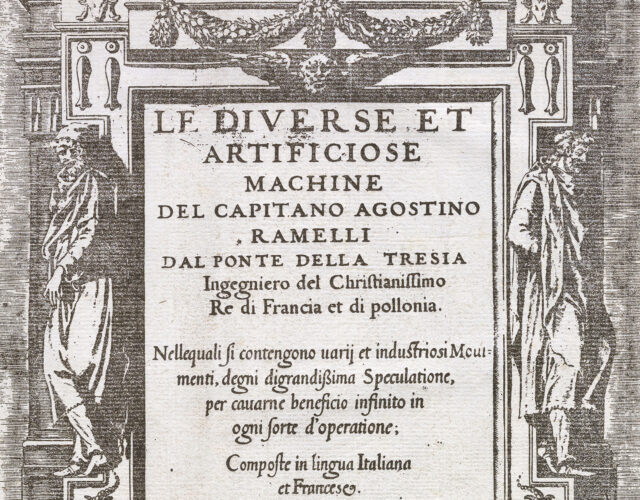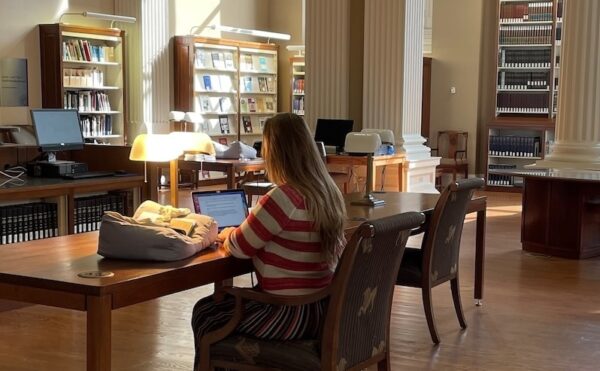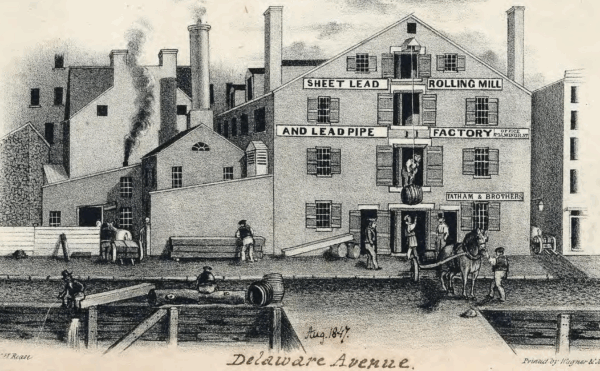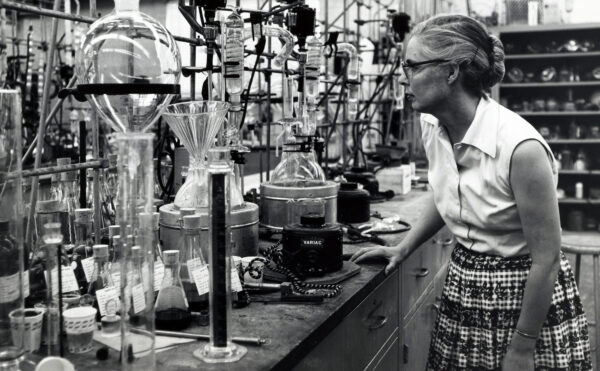Water Tour

Join our museum’s Gallery Guides for a “drop-in” tour that explores the importance of water and the histories of pollution and protection that have changed our relationship to this vital substance.
Clean water is life, and our scientific understanding of the water cycle’s significance and complexity has grown in the last few centuries.
On this tour, you’ll learn about the gods and powerful beings that were believed to protect flowing waters, how early anti-pollution advocates dealt with crises like thousands of dead fish in the Colorado River, and how chemistry and water knowledge intersect. Find out how Rachel Carson’s Silent Spring, the EPA, and scientists and activists throughout history have fought to protect our waters from contamination.
We’ll also talk about the history of our local water sources in the Delaware Valley, the technological advancements that led to the water systems we have today, and how innovators helped us observe, test, and purify water, first to make it fit for human consumption, and later as a matter of environmental ethics.
Drop-in tours are free and no reservations are necessary.
More events
Othmer Library Tour
Curious about the other half of the Science History Institute? Step into the Othmer Library of Chemical History!
Philadelphia: Workshop of the World
Join us for March First Friday as we unveil Philadelphia: Workshop of the World, the latest exhibition from our A Closer Read series.
Women in Chemistry Tour
Drop in for a tour highlighting the central role of women in shaping chemistry and the material sciences throughout history.



